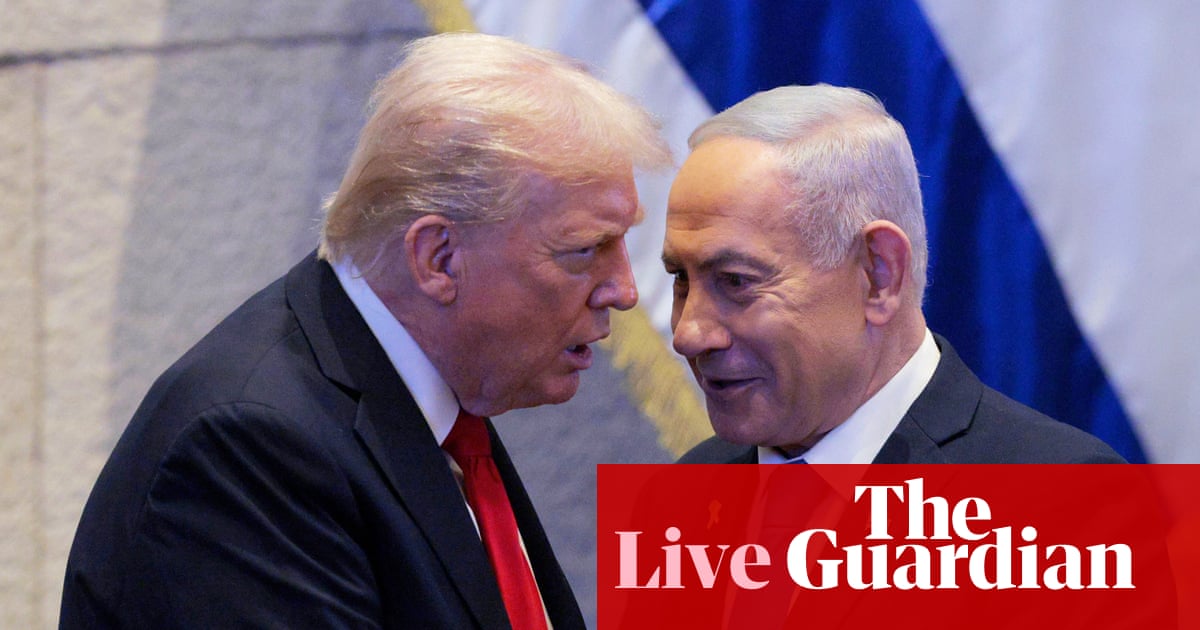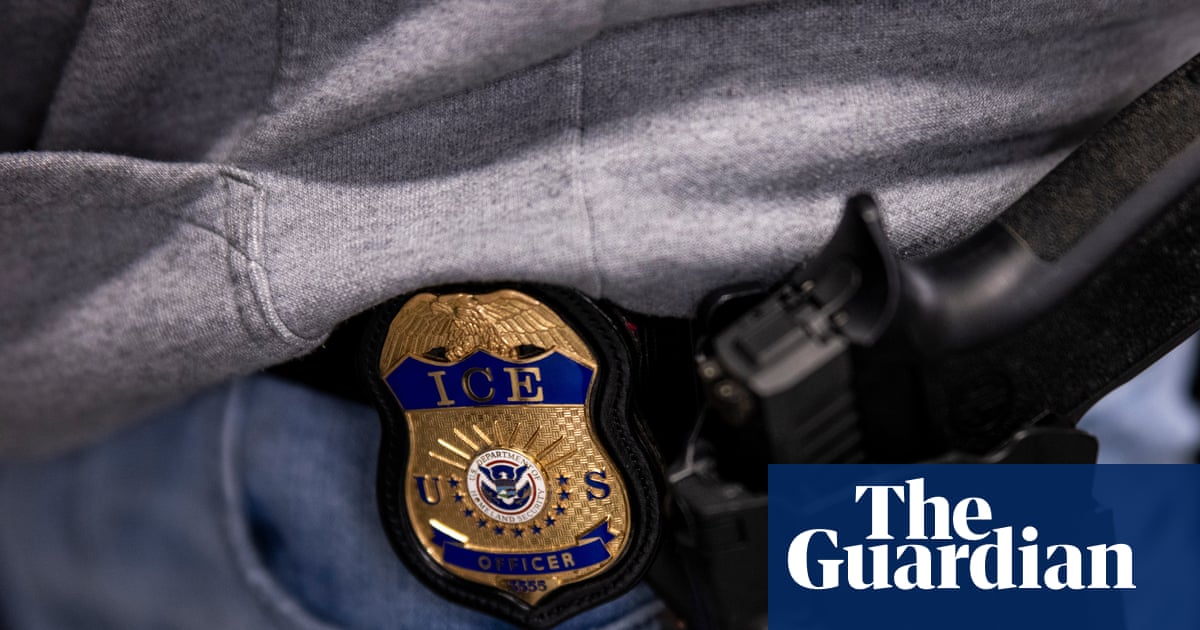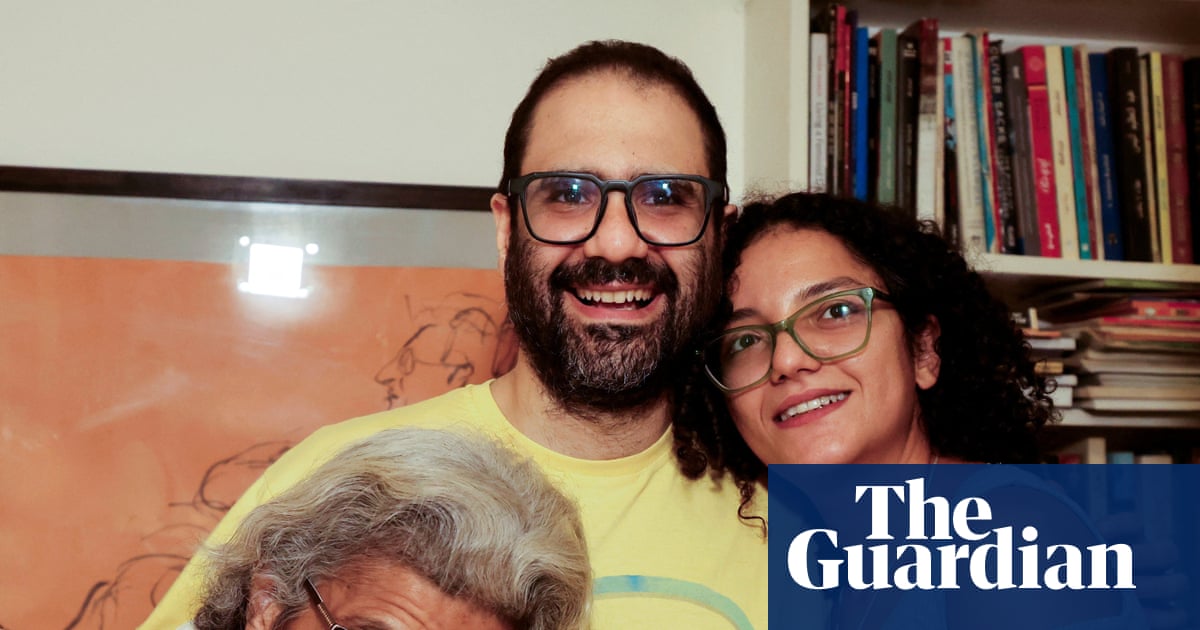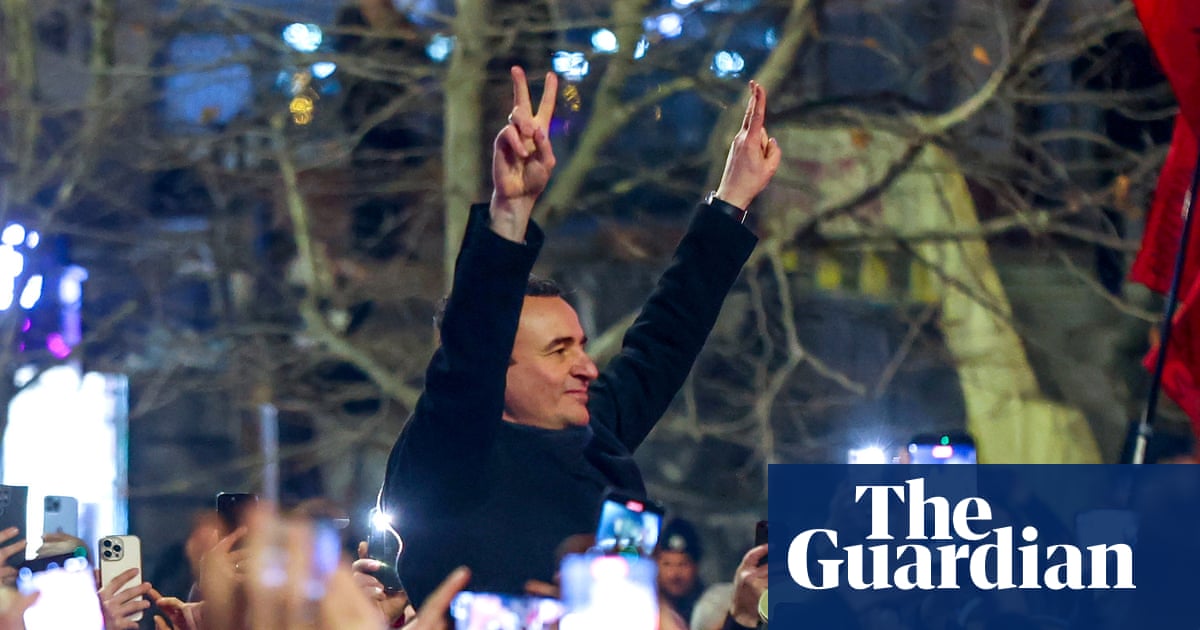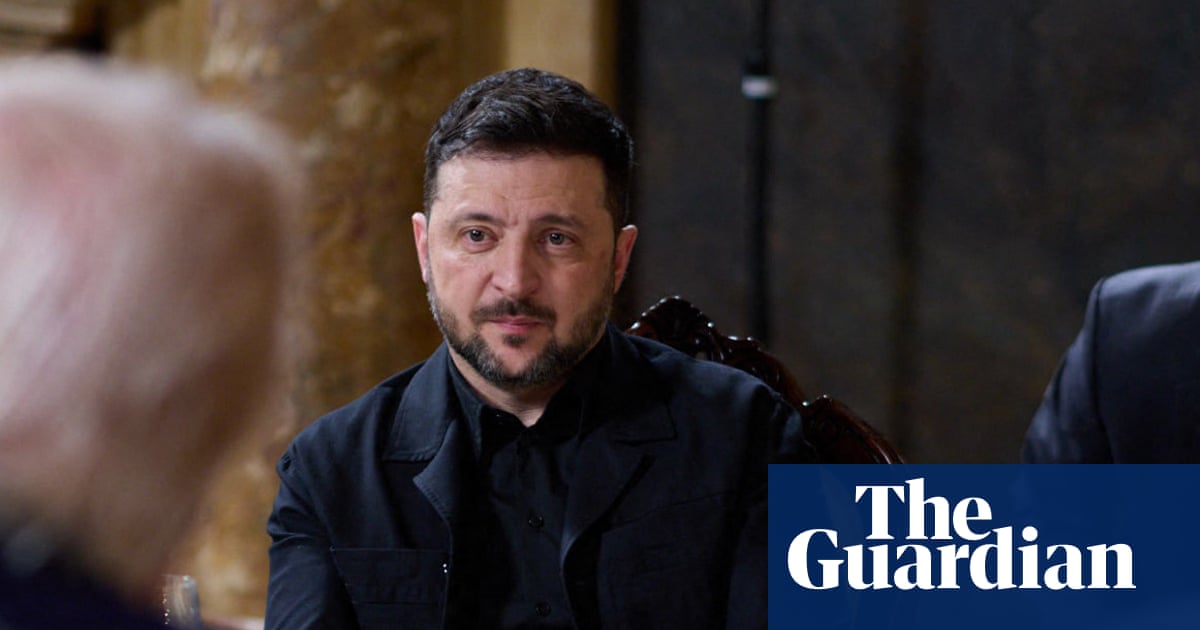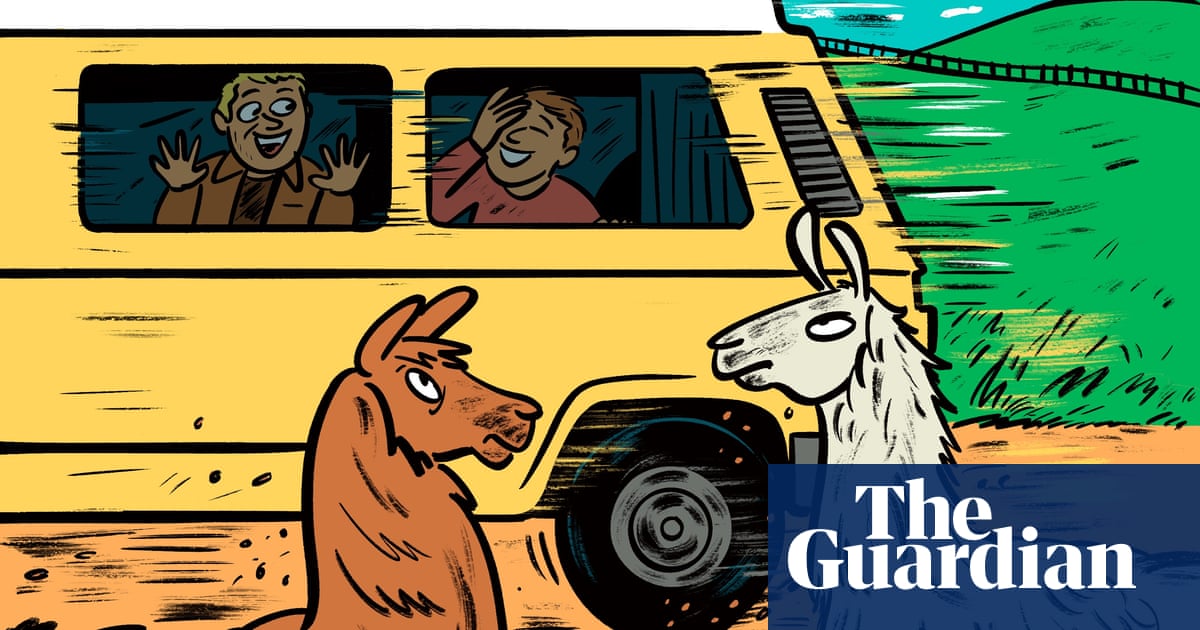North Korea has executed people for distributing foreign television shows, including popular South Korean dramas, as part of an intensifying crackdown on personal freedoms, a UN human rights report said on Friday.
Surveillance has grown more pervasive since 2014 with the help of new technologies, while punishments have become harsher – including the introduction of the death penalty for offences such as sharing foreign TV dramas, the report said.
The curbs make North Korea the most restrictive country in the world, according to the 14-page UN report, which was based on interviews with more than 300 witnesses and victims who had fled the country and reported the further erosion of freedoms.
James Heenan, head of the UN human rights office for North Korea, told a Geneva briefing that the number of executions for both normal and political crimes had increased since Covid-19-era restrictions.
An unspecified number of people have already been executed under the new laws for distributing foreign TV series, including the popular K-dramas from its southern neighbour, he added.
“Under laws, policies and practices introduced since 2015, citizens have been subjected to increased surveillance and control in all parts of life,” the report’s conclusion said.
The sweeping UN review comes more than a decade after a landmark UN report found that North Korea had committed crimes against humanity. The new report covered developments since 2014.
North Korea’s Geneva diplomatic mission and its London embassy did not immediately respond to requests for comment.
North Korea, officially known as the Democratic People’s Republic of Korea, said in response to UN rights investigators that it rejected a UN Human Rights Council resolution authorising the latest report.
Sometimes children are made to work in forced labour, including so-called “shock brigades” for tough sectors such as coal mining and construction, Heenan said from Seoul.
“They’re often children from the lower level of society, because they’re the ones who can’t bribe their way out of it, and these shock brigades are engaged in often very hazardous and dangerous work,” said Heenan.
The report also found some limited improvements, such as reduced use of violence by guards in detention facilities, and new laws that appear to strengthen fair trial guarantees.

 3 months ago
57
3 months ago
57


